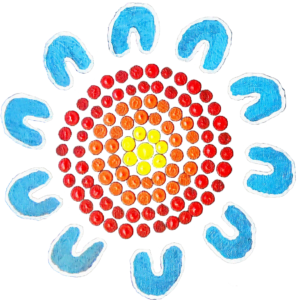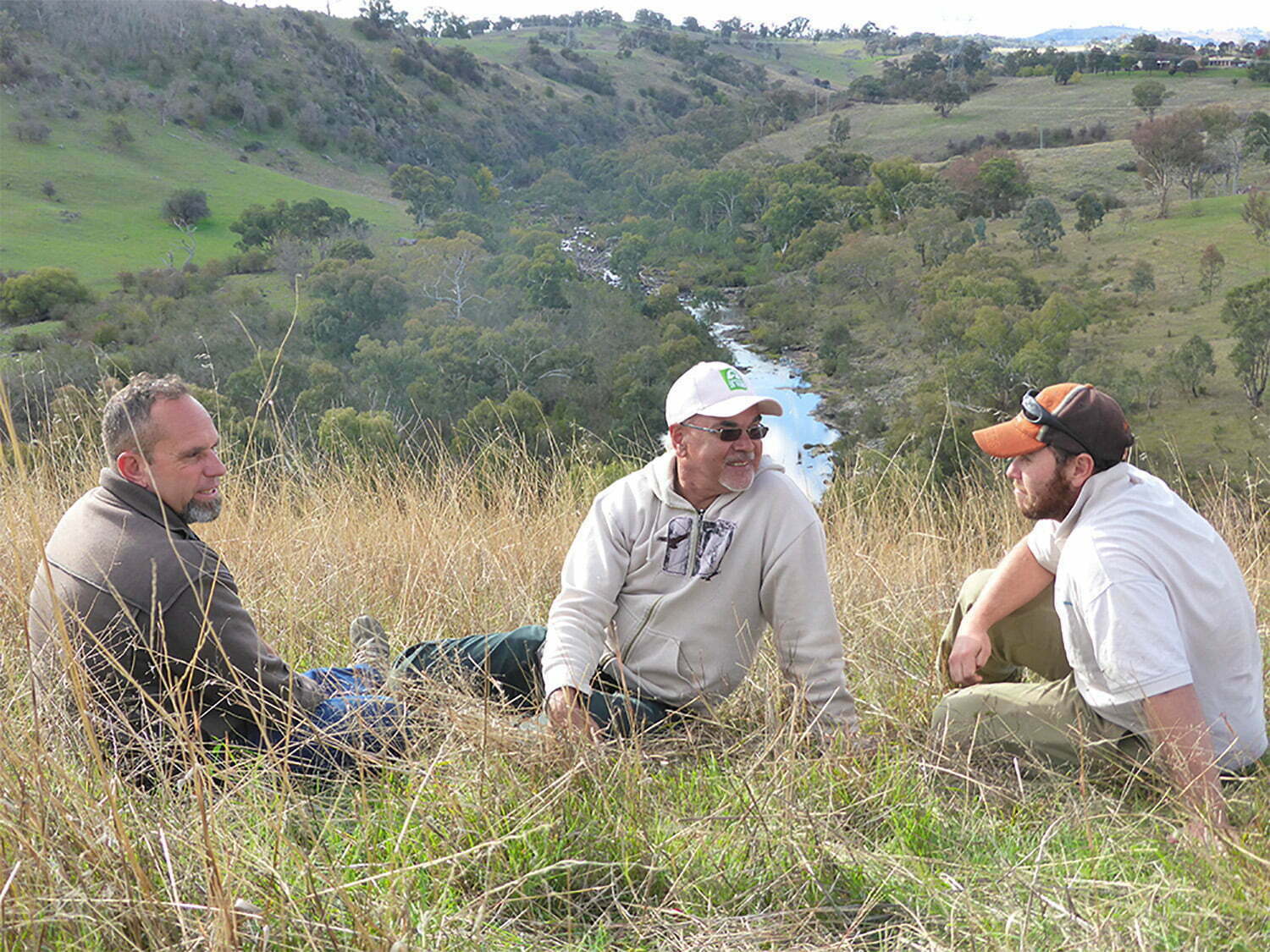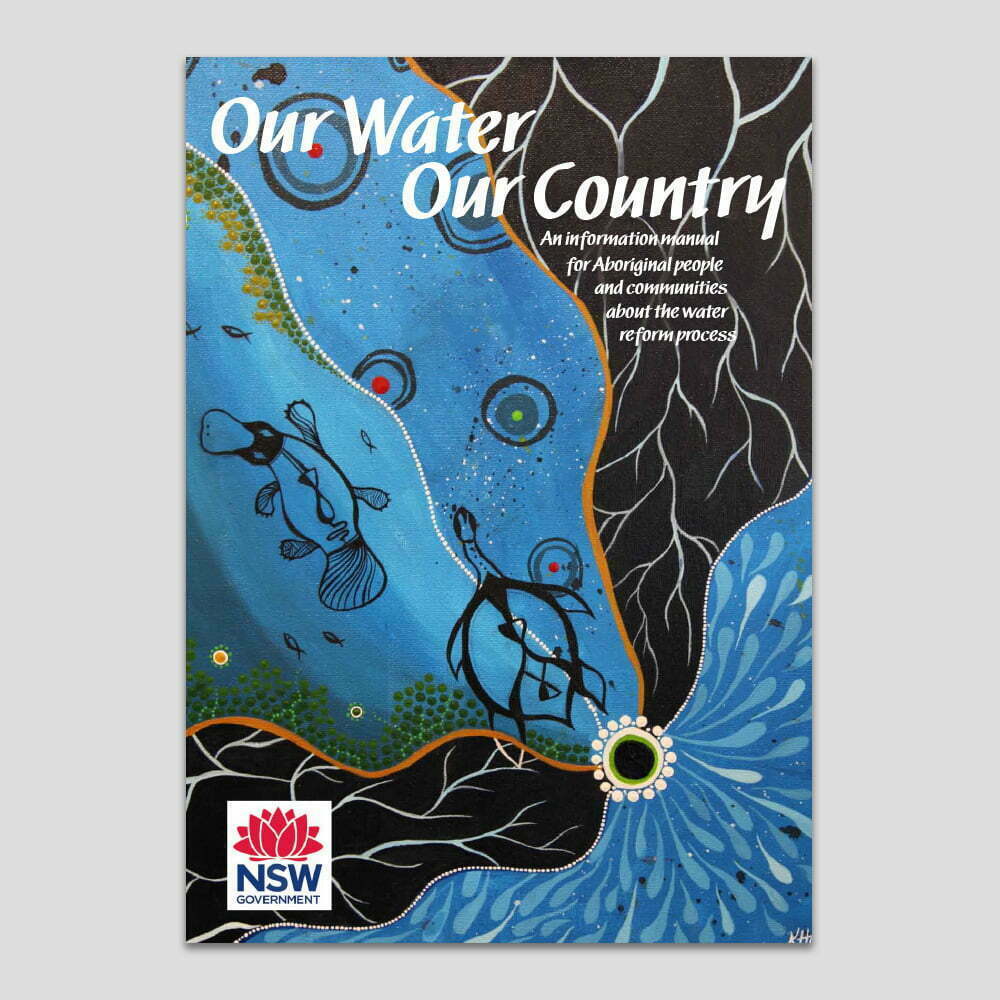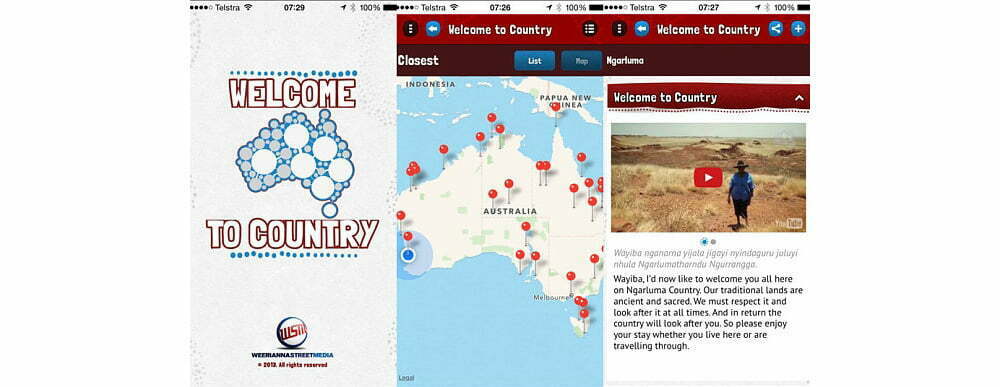“Wirlankarra yanama. Yurlu nyinku mirda yurndarirda”
“Go with a clear, open and accepting spirit and the country will not treat you badly”
We pay our respects to the traditional owners and custodians of the country we work within, and acknowledge Aboriginal people, past, present and emerging, as the original natural resources managers of this land. Aboriginal communities have a spiritual and customary living relationship with water in all its forms, through creation stories, use of water as a resource, and knowledge about sharing and conserving water. Aboriginal people have a holistic view to land, water and culture and see them as one, not in isolation of each other. At Rivers of Carbon we try to develop strong and meaningful relationships with Aboriginal people so that we can share our knowledge, combine our strengths, and together, care for the land and water that sustains us.
Within the Rivers of Carbon team we prioritise personal relationships with local Aboriginal people living and working in our region. It is to these people that we look to for knowledgeable advice, culturally appropriate communication, and wisdom about who we need to talk to learn about areas of sacred significance. We also support Aboriginal people and businesses whenever we can, and look for practical, economic and emotional ways we can enable Aboriginal knowledge and voices can be heard throughout our work. As Rivers of Carbon continues to grow we are committing to providing more opportunities for Aboriginal voices and enterprise throughout all our activities. Some of the ways we will do this include:
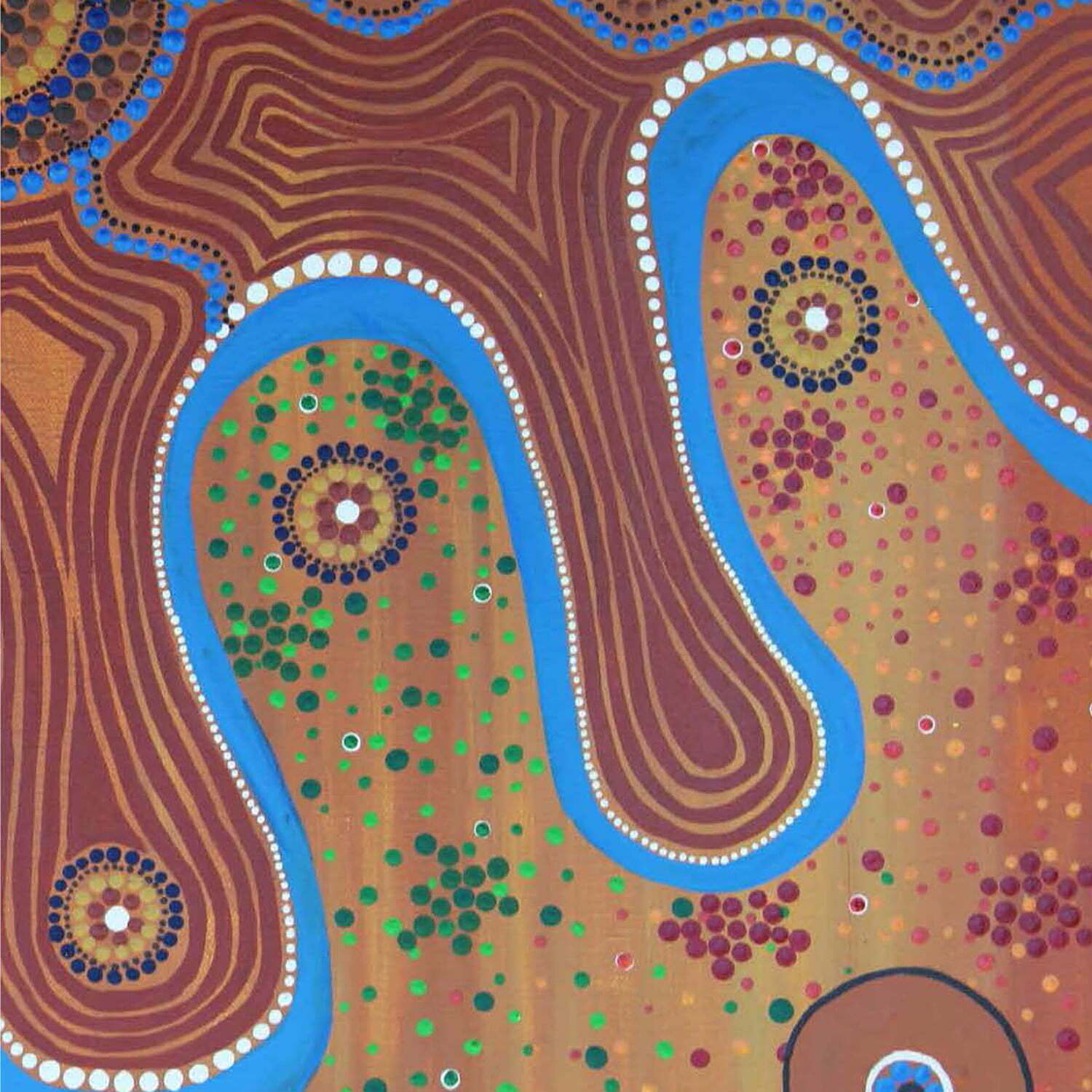
- Identifying Aboriginal communities in each of our regions and, wherever possible, facilitating their involvement, perspectives and input into projects.
- Following and respecting local protocols – how Aboriginal people on their Country do business.
- Protecting Intellectual Property, the Traditional Owners will always own their knowledge.
- Incorporating Aboriginal language, place names, knowledge and connections as key parts of every project.
- Undertaking projects wherever possible that protect or restore areas of Aboriginal significance (for example, the Old Blacks Camp project in Yass)
- Following the principal of Free, Prior Informed Consent re under UNDRIP Article 19
- Ensuring we follow AIATSIS ethical research guidelines.
- Seeking permissions and permits when working on Aboriginal land.
- Engaging with Aboriginal communities through existing relationships so that trust and respect are the basis of all interactions.
- Ensuring any Rivers of Carbon event/activity includes a Welcome or Acknowledgement to Country provided by Aboriginal people wherever possible.
- Inviting Aboriginal people as speakers in our workshops, not just providing the Welcome or Acknowledgement to Country.
- Employing Aboriginal people and businesses wherever possible (catering, accommodation, facilitation).
- Providing opportunities for Aboriginal people to participate in workshops and training with subsidised fees.
- Being open to learning, updating and improving our recognition and incorporation of Aboriginal knowledge and perspectives across all our activities.
Learning from Aboriginal people
We are fortunate to be guided in our efforts to genuinely engage with Aboriginal people by our friends Wally Bell, Aaron Chatfield, Adam Shipp and Bradley Moggridge. Bradley led the former New South Wales Aboriginal Water Initiative team. This team did great work across New South Wales, and it was a sad day that saw their funding cut and the initiative disbanded. We are fortunate, however, to have access to the resources this team developed, and the Our Water Our Country Guide provided here as a free downloadable document, is one we highly recommend you explore to learn more about Aboriginal people, communities and their involvement in water management decision making. This film gives a snapshot of the guide.
Our Water, Our Country
This resource is an information manual for Aboriginal people and communities about the water reform process, designed to help communities make the most of these opportunities, including access to water for social, cultural and economic purposes, and a greater say in how water is used in general. This will help our people to meet their cultural responsibilities and protect Country, and it will benefit Australians as a whole through fairer distribution of resources, a healthier natural environment and a stronger, richer culture.
Bradley and his colleagues continue to do great work and, most recently, in partnership with the University of Melbourne’s Indigenous Knowledge Department, they have developed resources sharing Aboriginal knowledge and insight across three themes – Fire, Astronomy and Water. The Water theme provides highly relevant, accessible information and activities we can all be using in our waterway management work.
Rivers of Carbon Aboriginal connections:
We are currently working across a region that includes many Aboriginal groups and we are gradually building relationships with these communities. We hope to share more of their knowledge about river management as these relationships strengthen and grow. We know that relationships take time, so we are not rushing to ‘tick a box’ called ‘Aboriginal consultation’, as we have seen the damage this does when people, not just from Aboriginal groups, feel used, rather than genuinely engaged. We want to develop lasting relationships, so Antia, Lori, Mary, and myself are prioritising meaningful Aboriginal engagement, with trusted relationships as the bedrock upon which this is built.
Rivers of Carbon has been working in Ngunawal country since we began in 2012. The Ngunawal people traditional lands encompass much of the area now occupied by the city of Canberra and the surrounding Australian Capital Territory. In 2015, a couple of years into our project, we developed a series of films with Ngunawal brothers Wally and Tyronne Bell, along with Adam Shipp, a Wiradjuri man, to share their cultural connection, knowledge and stories. The stories they tell clearly demonstrate the spiritual, cultural, economic and environmental connections Aboriginal people have to country, and we feel privileged that Wally, Tyronne and Adam feel our work furthers their desire to see our rivers and riparian lands better managed for multiple benefits.
Ngunawal River Connections
Rivers of Carbon – Breadalbane
Rivers of Carbon – Murrumbidgee
Rivers of Carbon – Burra Bush Banks and Biodiversity
Rivers of Carbon – Yass River Linkages
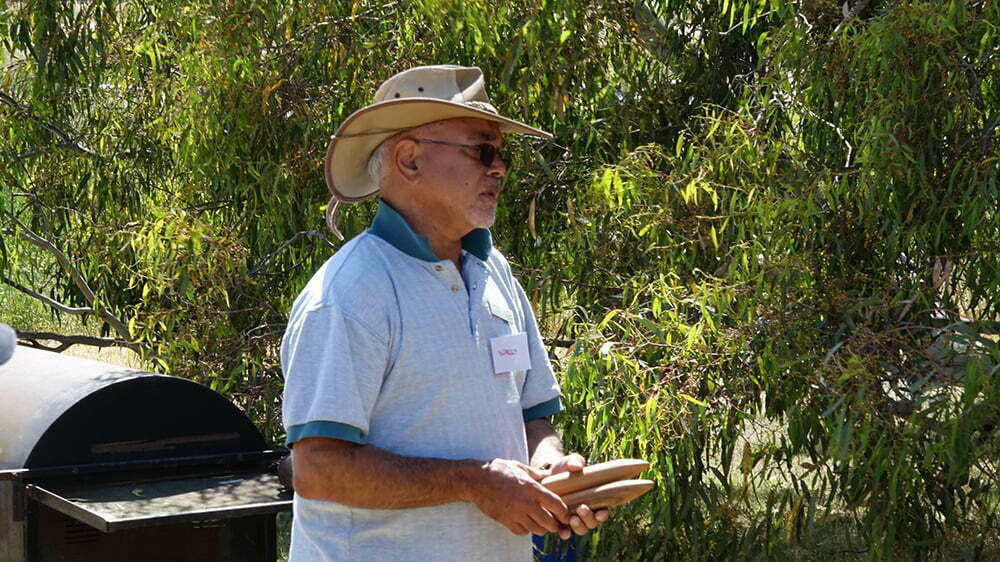
The Ngarigo people are the traditional custodians of the majority of the region we now know as the Snowy Monaro, with our work in the Upper Murrumbidgee running through this beautiful country. Archaeological surveys reveal a long and rich cultural history, with significant sites throughout the region. The Monaro was heavily impacted by colonisation resulting in many Aboriginal people leaving the area. Despite this, Ngarigo people maintain strong spiritual and cultural connections to the high country and today are increasingly more involved in the management of this region.
Ngarigo River Connections
Rivers of Carbon – Murrumbidgee
Rivers of Carbon – Burra Bush Banks and Biodiversity
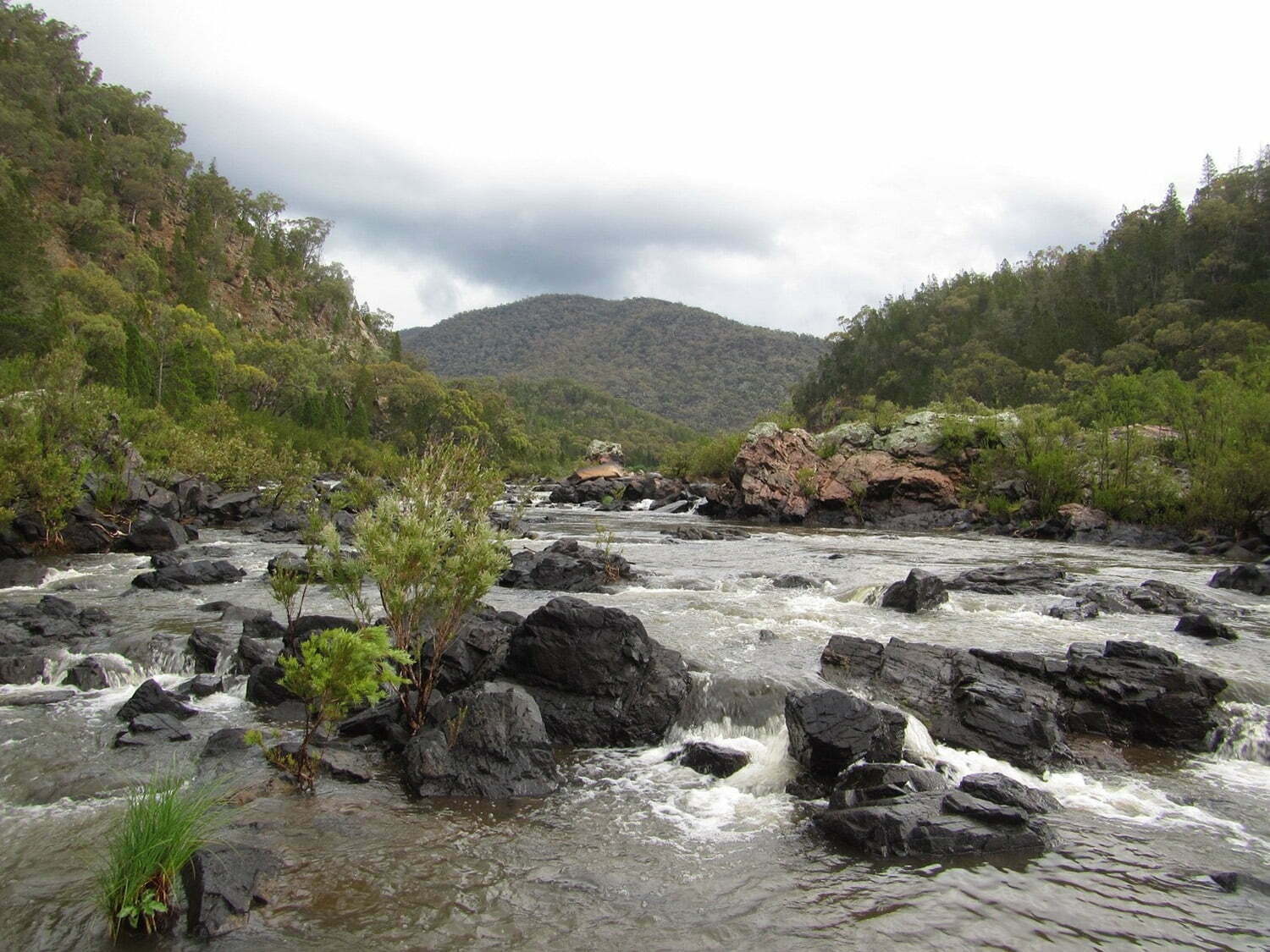
Goulburn Region Aboriginal River Connections
Goulburn and surrounds was known as a meeting place, which means that it wasn’t just inhabited by one particular Aboriginal group but had many. With advice from the Pejar Aboriginal Land Council, we recognise the following groups, and acknowledge their continuing connection with, and knowledge about the land, waters and community of this region. We pay our respects to them and their cultures; and to Elders past, present and emerging.
Mulwaree, Wollondilly, Wiradjuri, Gundungurra, Dharrook Tharawal, Tarlo, Lachlan, Pajong, Parramarragoo, Cookmal, Burra Burra and Ngunawal.
Rivers of Carbon – Source Water Linkages
Rivers of Carbon – Mulwaree
Rivers of Carbon – Goulburn
Another really great initiative is the Welcome to Country app which was created by Aboriginal company Weetianna Street Media with the intent of education people in the Traditional Owner’s culture and heritage protocols right across Australia. It uses GPS data to work out where you are in relation to the country you are entering.
Aboriginal businesses we work with:
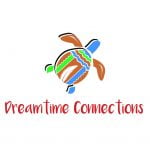
Aaron Chatfield, Gamilaroi
Dreamtime Connections
dreamtimeconnections@gmail.com
Dreamtime Connections is an indigenous business owned and operated by Gamilaroi man Aaron Chatfield. Dreamtime Connections focuses on connecting schools and community groups to culture through its interactive and informative “connect 2 culture” workshops where participants gain an understanding of aboriginal culture through the presentations of local native bush foods and medicines, tools and artifacts, explanations of farming and hunting techniques and through “bush food garden” designs and constructions.

Wally Bell, Ngunawal
Buru Ngunawal Corporation
www.buru-ngunawal.com
Buru Ngunawal Aboriginal Corporation (BNAC) was established as a Not For Profit Organisation to meet the changes in legislation at all levels of Government that requires Aboriginal people to be consulted about their Culture. It is a requirement that local Aboriginal Custodians are contacted if any proposed ground surface disturbance occurs as part of a project. BNAC isa body corporate working for the protection and conservation of our Ngunawal Culture, as well as sharing knowledge about Aboriginal culture and parctices to build a better community awareness.

Adam Shipp, Wiradjuri
Yurbay Consulting
www.yurbay.com.au
Adam Shipp of Yurbay prides himself on his strong work ethic and proven ability to design and deliver catered programs, projects and workshops for his clients. His knowledge and passion for his culture and people drives him to deliver great services for his local community. Yurbay (You ra bi) is the Wiradjuri word for ‘seed’. Yurbay offer a range of services to connect you, your family, friends and work colleagues to local food and medicine plants from the region. Workshops and talks are available at your office, lecture hall, centre or school providing a hands on experience. We also offer guided walks on country for a more authentic experience.

Alfie Walker, Wiradjuri
Pejar Aboriginal Local Land Council
Goulburn Mulwaree Deputy Mayor
Pejar Facebook page
The Pejar Local Area Land Council (LALC) was established and incorporated in 1997 under the Aboriginal Land Rights Act 1983 to improve, protect and foster the best interests of its members and all Aboriginal persons within the boundary of the LALC. The Pejar LALC is a body Corporate. Alfie Walkeris part of the LALC as well as being Deputy Mayor of the Goulburn Mulwaree Council.
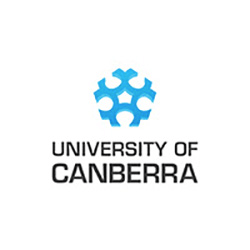
Bradley Moggridge, Kamilaroi
University of Canberra
Bradley’s LinkedIn
Cosmos Magazine Profile
Brad Moggridge is from the Kamilaroi Nation (N-W NSW) and grew up in western Sydney and now lives in Canberra. He has uni qualifications in hydrogeology from UTS and environmental science from ACU, he also has been awarded the 2017 ATSI Community Alumni award from ACU and a Fellow of the Peter Cullen Trust Science to Policy Leadership 2018 Course. Brad has an ambition of leading in his area of expertise and also promoting Aboriginal Traditional Knowledge and finding commonalities between Traditional Science and Western Science so this can influence policy and the way we manage the Australian landscape. Brad is doing a PhD at the University of Canberra and is also part time Indigenous Liaison Officer for Threatened Species Recovery Hub as a part of NESP.
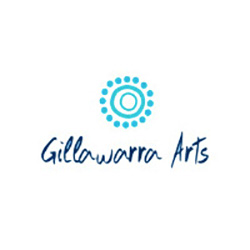
Krystal Hurst, Worimi
Gillawarra Art
www.gillawarraarts.com
Krystal Hurst is a Worimi artist and owner of Gillawarra Arts, a creative arts business originating from the Mid North Coast of NSW and now based in Canberra, ACT. She is a jewellery designer, painter, cultural facilitator with a vision for women and men to feel strong, connected and empowered. With traditional techniques such as weaving, twining, burning and threading, Krystal’s inspiration comes from Country, memories, stories and community integrated in an a meaningful way.
